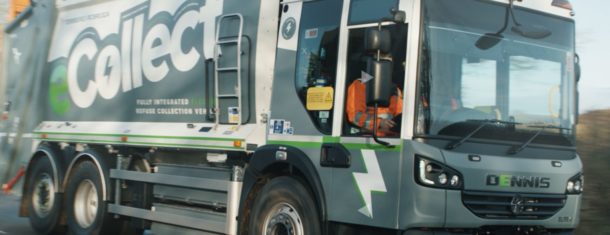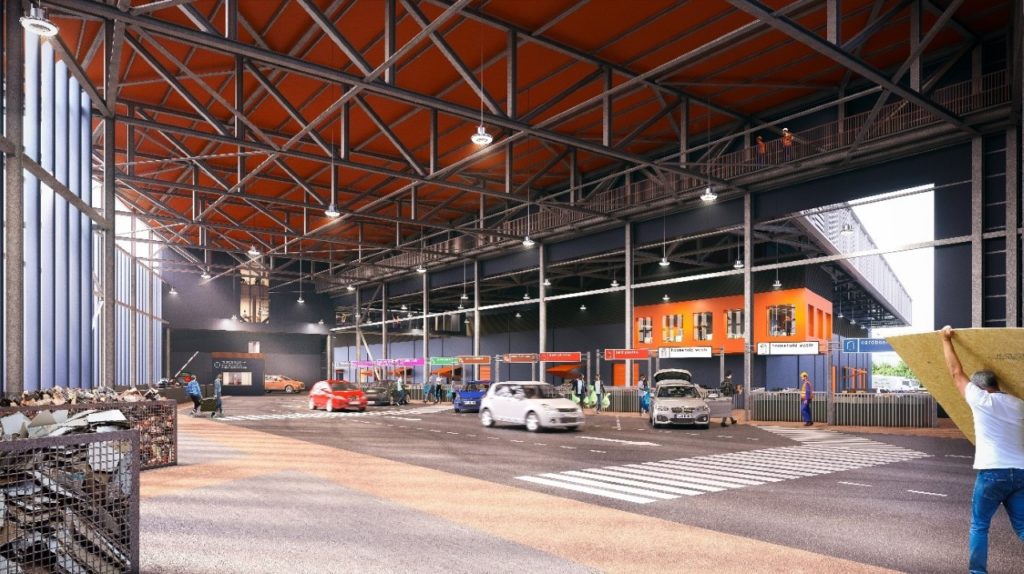The fully electric Dennis Eagle ‘eCollect’ costs around £400,000, which the partnership says is more than the approximate £185,000 cost of a diesel bin lorry.
However the partnership said this highlights its the two council’s commitment to the“growing climate emergency”, and the Shared Waste Service says it will eventually replace all current 55 diesel vehicles across its fleet with electric or hydrogen lorries.

Carbon emissions
Cambridge city council’s executive councillor for climate change, Rosy Moore, said: “Our shared waste service eventually aims to replace all bin lorries with zero emission options – by 2028 at the latest. As well as reducing our carbon emissions, electric vehicles also contribute to cleaner air and given our focus on air quality, this is another reason we’ve made this purchase.”
The current diesel vehicles that collect waste and recycling in Cambridge are among the largest CO2 emitters in both councils, according to the Shared Waste Service.
The service reportedly uses around 50,000 litres of diesel a month with a cost of £55,000.
“Our shared waste service eventually aims to replace all bin lorries with zero emission options – by 2028 at the latest”
Ms Moore added: “It’s an exciting new technology but inside the lorry itself it is quite like what we already have. So, we know our crews will quickly become familiar with it. As well as electric vehicles, we’re also investigating the possibility of testing vehicles that are powered by hydrogen in future too. We’re committed to doing what we can to cut our own carbon emissions and decarbonising our waste fleet will be a big step towards this.”
Charging
The lorry will typically take 7 to 8 hours to recharge and will be “substantially quieter” than existing bin collection vehicles.
Solar panels installed at the Waste Service’s Depot at Waterbeach may be used to charge the electric recycling lorry.
Dennis Eagle’s sales and marketing director Richard Taylor said: “We’re delighted that Greater Cambridge Shared Waste Service has ordered our new all-electric vehicle.
“We’re very proud of the eCollect. It’s the only fully integrated electric refuse collection vehicle produced by an original equipment manufacturer and we’re confident it will make a big impact on waste management in the UK. And Greater Cambridge will be one of the very first to show just what it can achieve.”








Subscribe for free